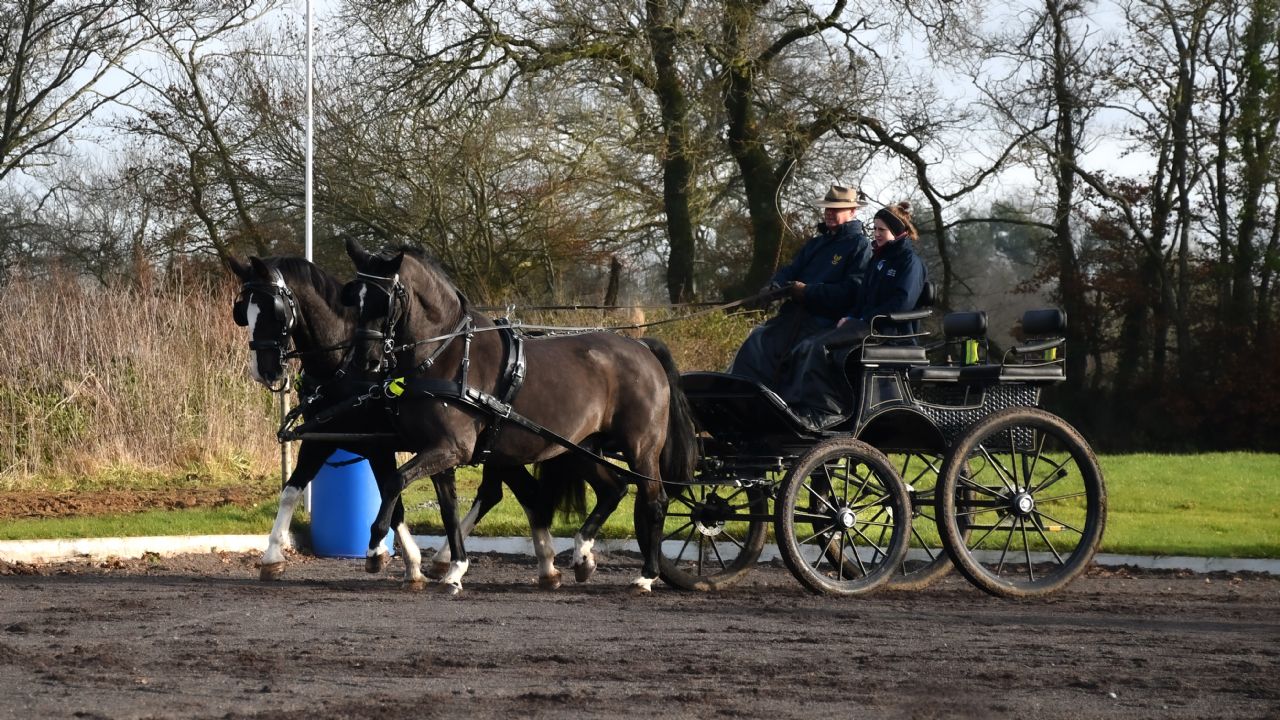Why do we recommend feeding horses from ground level?
How does the horse's jaw work? What happens if horses eat above ground level? Read the article to learn more...

How does the horse's jaw work? What happens if horses eat above ground level? Read the article to learn more...
We're thrilled to be adding an exiting new event to the calendar for 2026!
Horses’ teeth change throughout their lives - they are continually growing and continually wearing, as they chew and grind their grazing and forage.